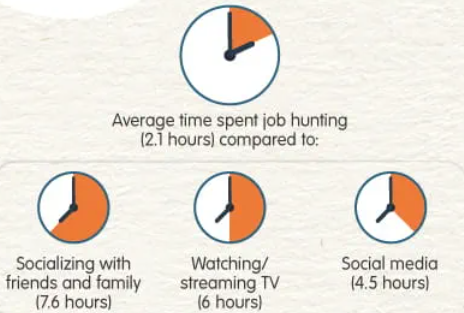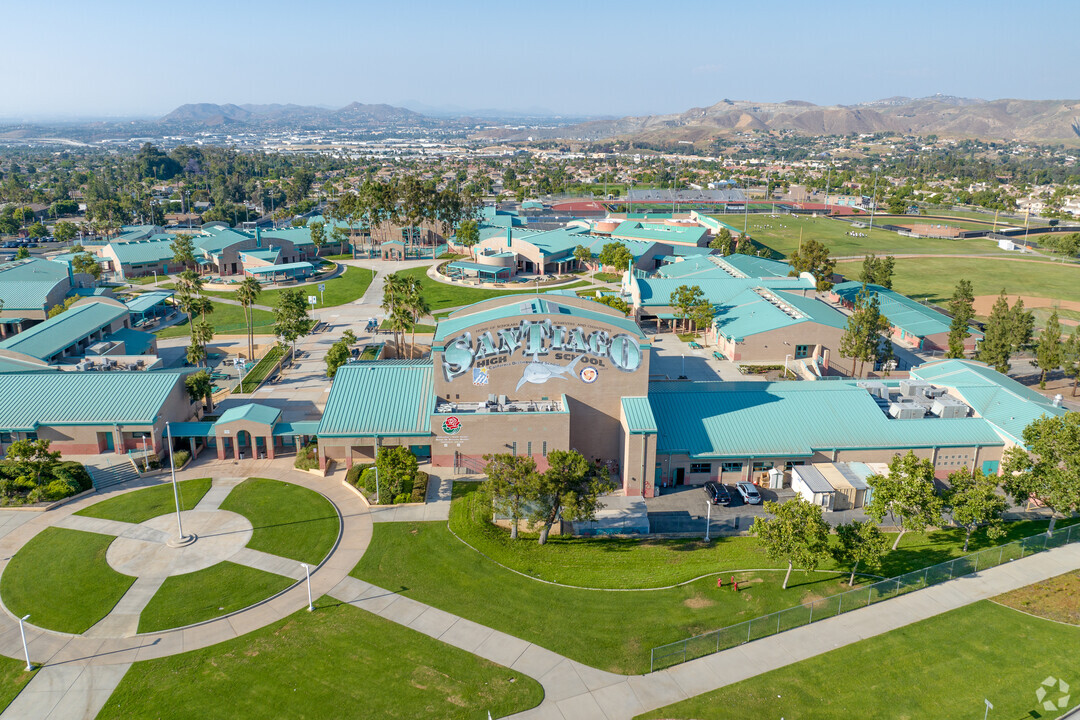Gen Z receives constant backlash and comparison to Millennials, but why? Is Gen Z that bad compared to Millenials? What’s so different about these two generations?

Jacob Morgan, “an international bestselling author of 5 books, keynote speaker, and professionally trained futurist.” made a video called ‘Why Gen Z and Millennials View Work So Differently’ Morgan states that the purpose of his channel is for “his passion and mission is to create great leaders, engaged employees, and future-ready organizations. He is devoted to helping you become a better leader with daily content in the form of interviews with the world’s top CEOs and thinkers” ” He states in this video the pros and cons of Gen Z in young adulthood and high school, talking about “problems” when it comes to Gen Z. Mogan expresses that Gen Z is a generation of opportunity for young people in high school. A generation that is constantly hungry for strength, intelligence, and success. While this sounds positive, Morgan argues that Gen Z has several aspirations but is doing nothing to achieve them.
For example, seen through desiring better grades but not putting in the work, aspiring to be healthy but not eating well, wanting more energy but not sleeping enough, wanting to be fit but not working out, etc.
Further, there are more opinions about Gen Z regarding their ability to have a good work ethic and leadership skills. Thanks to research findings in an article called ‘Millennials vs Gen Z: Key Differences’ from Adecco, providing a “Way to Work” survey that 1,001 Americans in their late teens took to learn how Gen Z works.
Results from Adecco:
|
The survey additionally provides insight into what Gen Z and Millenials value, their aspirations, and their thoughts about the future.

Based on the tables provided by Adecco, it is easy to infer that most people who are aligned with Generation Z feel as though their school lives aren’t doing enough to teach them things they will use in real-world scenarios. Believing that the education system has failed them in aspects such as “Applicable ‘real life’ business skills, providing potential internship opportunities, career services (l.e. Resume help, interview prep, developing a career plan), contact with the alumni network, and providing networking opportunities such as luncheons or careen fairs.” Though Gen Z feels this way about school and their education, most still think they will still be able to live their lives how they want to, finding their dream jobs or becoming successful rather than finding something sustainable they don’t enjoy. Contrary to their beliefs, many Gen Z spend more time on social media, entertainment, and socializing with others rather than looking for jobs. This table supports the idea that Gen Z wants to achieve more but works less.

But is this the reality of Gen Z, or can you change and work towards their goals?







